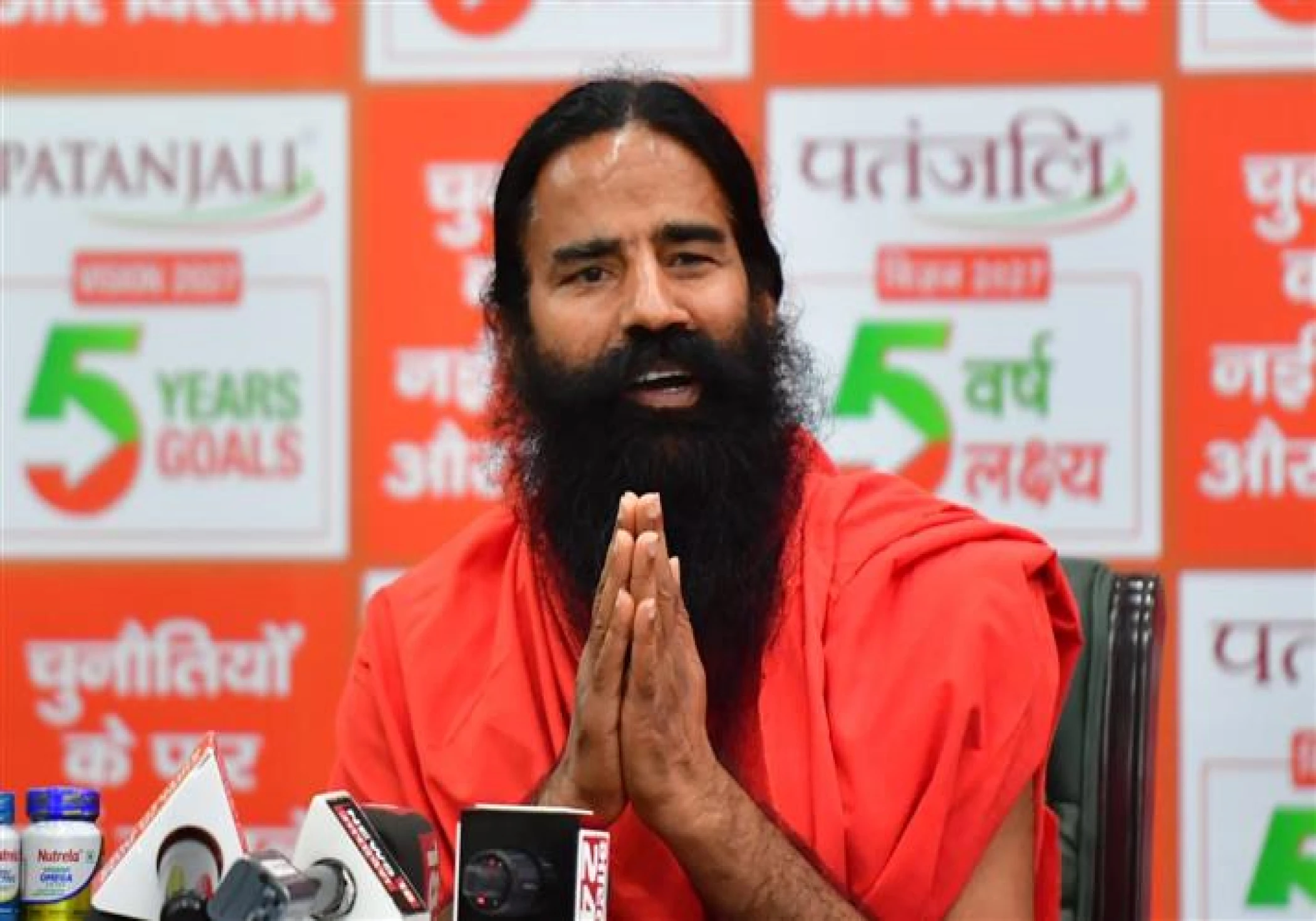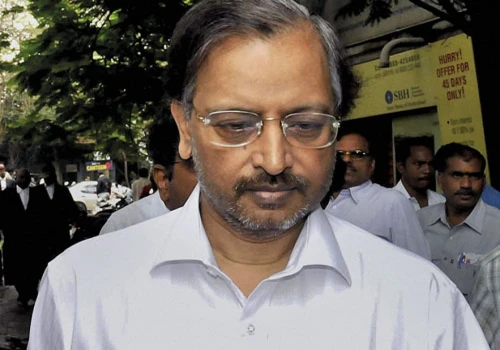
In a legal saga that has captured national attention, the Supreme Court of India delivered a stern rebuke to Patanjali Ayurved, the renowned herbal products company led by yoga guru Baba Ramdev. The apex court, in a scathing indictment, admonished Patanjali for flouting its directives regarding misleading advertisements, underscoring the gravity of the situation.Ramdev, along with Patanjali Ayurved's managing director, Acharya Balkrishna, stood before the court as directed, seeking to address the contempt petition brought against them. The company tendered what it termed as an 'unconditional apology' for its breach of the court's order, a move that did little to assuage the court's ire.
"Justices Hima Kohli and Ahsanuddin Amanullah," the bench overseeing the proceedings, minced no words in expressing their displeasure. Senior advocate Balbir Singh, representing Ramdev, faced the brunt of the court's criticism as it highlighted Patanjali's disregard for judicial directives.The apex court's stance on the matter was unequivocal, emphasizing the need for accountability and respect for the rule of law. "Take this contempt seriously," remarked the bench, signaling its intent to pursue the matter to its 'logical conclusion.' This stern stance underscored the court's determination to uphold the sanctity of its orders.
Patanjali's repeated defiance of prior warnings did not go unnoticed. Despite claims of ignorance from its media department, the court remained unconvinced, dismissing the apologies as mere 'lip service.' Justice Kohli minced no words in expressing the court's skepticism, pointing out the swiftness with which Patanjali held a press conference post-proceedings as evidence of its awareness.
The court's insistence on holding Patanjali accountable sent a clear message: no entity, regardless of stature, is above the law. Justice Kohli's assertion that "every order passed by courts across the country has to be respected" underscored the importance of adherence to judicial directives.
Patanjali Ayurved now finds itself in the unenviable position of having to submit two affidavits detailing its contemptuous actions. The first affidavit must address why the company persisted in disseminating misleading advertisements despite committing otherwise in court. The second pertains to its failure to respond to the contempt notice issued to Balkrishna and the company.As this legal drama unfolds, it serves as a sobering reminder of the importance of compliance and respect for legal authority. Patanjali's misstep serves as a cautionary tale, highlighting the repercussions of disregarding judicial directives. In the eyes of the law, no individual or corporation is exempt from accountability.












